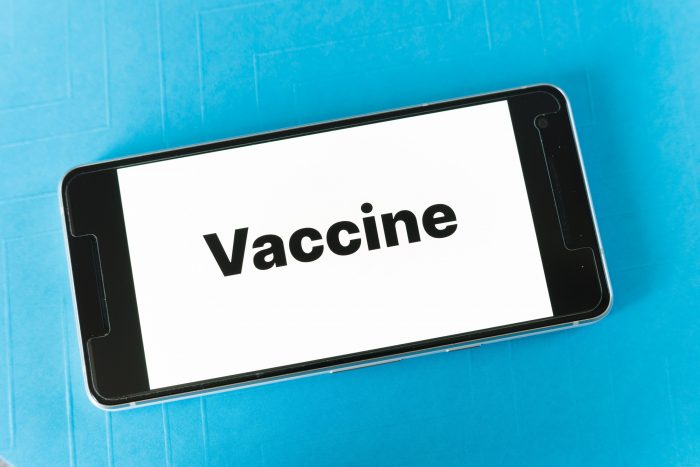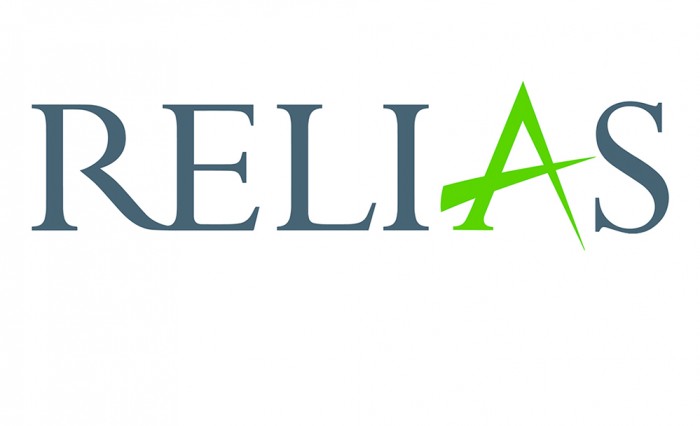The COVID-19 pandemic has highlighted the fundamental role that infection prevention and control (IPC) practices play in the delivery of safe healthcare and sustaining a strong, healthy community. The pandemic has taught us that not all healthcare settings have the same needs, abilities, or serve the same populations, and because of that, each facility may have their own set of unique IPC challenges. Behavioral health/psychiatric facilities, drug & alcohol treatment centers, and group homes have been identified as the state’s non-traditional healthcare settings, and through experience, we have learned that these sites may require additional IPC support and resources. Recognizing this need, DOH has created the Non-traditional Infection Control Consulting (NICC) Team.
The NICC Team is a group of certified, experienced infection preventionists with commitment to empowering and supporting non-traditional healthcare settings throughout the Commonwealth of Pennsylvania as they aim to reduce transmissible diseases and conditions. To assist in promoting integration of best practice IPC principles into all roles and aspects of care in these settings, the NICC Team can provide the following free of cost services:
- Infection prevention and control consultations;
- Guided facility assessments;
- Policy and guidance interpretation and recommendations (DOH, CDC, CMS, DHS, etc.);
- Education and training resources; and
- Tools and resources to support facility needs, including audit tools, checklists, and fact sheets.
Please review the more detailed information sheet about the team’s services and an introductory program flyer to share with non-traditional healthcare partners & facilities. This new resource is intended to increase awareness of IPC best practices as they aim to ensure patient safety in all PA healthcare settings.


















